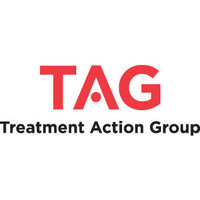 The Odyssey of Therapeutic
The Odyssey of Therapeutic
Vaccines for HIV
by Richard Jefferys
In the earliest days after the discovery of HIV in the mid-1980s, uncertainty reigned regarding how the immune system responded to the virus. Initially, it was thought that the time between HIV infection and the development of severe immuno- deficiency and disease represented a period of viral inactivity or latency. In this context, it seemed logical to propose that perhaps vaccination could be used to bolster immune response to HIV and thus delay or even prevent the development of illness. But the first efforts toward this goal quickly mired therapeutic vaccine research in controversy, casting an initial pall across the field that was compounded by the failure of any candidate to show significant efficacy. Additionally, the scientific rationale for the approach evolved as more was learned about the pathogenesis of HIV infection and the types of immune responses that may be effective—and ineffective—at controlling the virus. After a period in which enthusiasm regarding the prospects for therapeutic vaccines waned, the recent resurgence in interest in research aiming to cure HIV infection has offered new reasons to pursue their development.
Click here to read the full article at treatmentactiongroup.org
